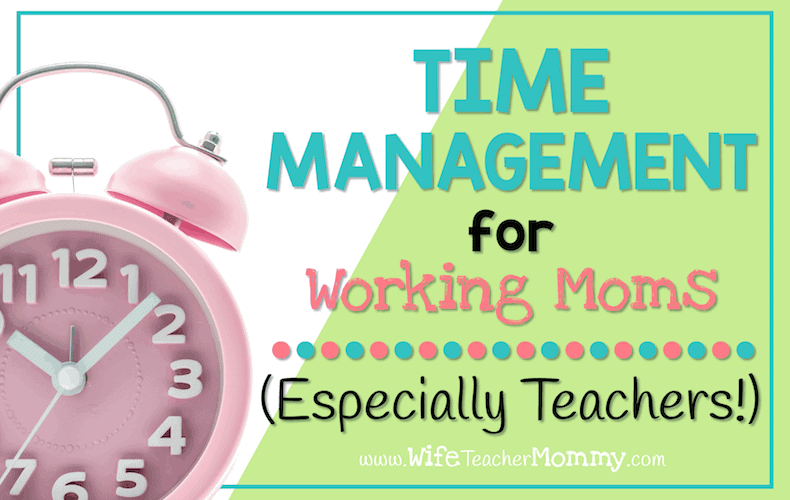
Are you interested in adopting a child of Ohio? Learn about Ohio's financial obligations and legal requirements. These tips will help find a child for you and avoid common pitfalls. This article will provide information on how to adopt in Ohio. Choosing Hope Adoptions is a trusted and experienced agency that helps you complete the adoption process.
Steps to Adopt in Ohio
Here are some things you should know if you're planning on adopting a child in Ohio while you're still pregnant. Adoption creates a parent-child relationship among unrelated persons. Before the adoption can proceed, a judge must approve. Once adopted, the child enjoys all the rights and inheritance of a biological child. In some cases, the mother of the adoptive child may also consent to it.
Adoption agencies in Ohio will match you with birth parents by checking their backgrounds and references. The agency will then send a questionnaire to you about the child that you want to adopt, as well as your background information. You may also be required to have undergone Ohio adoption home study training before being matched with an expectant mother. Once you have completed all of these steps, then you can begin your search to adopt a child in Ohio. If you meet all of these requirements, you should be matched with an expectant mother.

Adoption costs
The Ohio Bar Association has published the cost of adoption for both private agency and court-mediated adoptions. Private agency adoptions cost from $12,000-$16,000. Attorney fees can run up to $5,000 for a similar arrangement. Agency home studies can cost anywhere from $1,300 to $2,000, while court-mediated home studies can cost anywhere from $200 to 600. The state or county often subsidises non-private agency adoptive services, such as those managed by a public agency. These types of adoptions are often necessary due to neglect or abusive and so the costs are much higher than those for private agency adoptions.
Potential adoptive parents must meet certain criteria before they are allowed to complete an Ohio adoption. They must speak English and give references. A fire inspection and safety audit must be passed on the home. They must be free from any mental or physical illness. In addition, prospective adoptive parents must complete a home study. This process can take several months, so a family who does not meet the minimum financial requirements may be turned down. If you meet all of these requirements, then you may begin the adoption process.
Legal hurdles
Adopting children in Ohio can be challenging. But there are certain legal obstacles to overcome. These obstacles are similar to those faced by couples who want to adopt children from other states. The first obstacle is consenting to the birth mother. This consent must come within 72-hours of the child's birth. The court cannot revoke the consent of the birthmother if she is not willing to sign the open adoption agreement. An attorney is required if you want to adopt an open child. Ohio has strict requirements for open adoptions.
There are several basic requirements for adoption in Ohio, including consent of the child by the adoptive parent and six months of home residency before finalization. Additional requirements are found in the guidelines of an adoption agency, which may include certain income restrictions and age requirements. The legal hurdles for adopting in Ohio might not apply to every case. Adopting a child from foster custody requires consent from the child’s birth parents.

Income requirements
The state of Ohio has strict requirements regarding income requirements for adopting a child. A family's income must not exceed 120 percent of that of the state median for a same-sized family. Private child-placing agents must also demonstrate their eligibility through any public agency that placed the child. This could include determining if the child is eligible for special needs. In addition, the state of Ohio requires that adoptive parents complete a home study in order to meet the income requirements.
Prospective adoptive parent must be at minimum 18 years of age to apply to Ohio Adoption Program. Couples can only be married for a year, and must not be older than 50 years. Ohio is not open to couples with a history involving domestic violence or sexual misconduct. Families with foster children can adopt from the Ohio Adoption Program, but must have a positive net worth and income of $10K per family member.
FAQ
Is permissive parenting a good idea?
Although they can be a problem, parents who are too permissive with their children should not be considered bad. Children learn from both good and bad experiences. They need to be open to accepting responsibility for what happens to their children when they fail to discipline them appropriately.
They should also be prepared to take action if their child misbehaves.
The best thing you can do as a parent is to set limits and boundaries and then enforce them. Be consistent.
If you want to raise well-adjusted adults who respect themselves and others, then you need to follow these rules.
Are strict parents better?
I think you should try to be a strict parent. Children need to learn how they behave. However, discipline is necessary if children are not being consistent.
You have to teach them how to act properly. You don't want them running wild and causing harm to others.
You will find that being a strict parent is more difficult than being a permissive one. If you allow your children too much freedom, they will rebel against you.
If you give them too much freedom they won't be able to control their behavior.
Being a strict parent can be hard, but I believe it's well worth it.
What is positive parenting style?
Positive parenting styles encourage children to become happy, well-adjusted adults through positive and constructive behavior towards others.
They teach children to manage stress and conflict, deal with disappointment, and resolve conflicts peacefully.
Positive parenting can also help children learn self-discipline. It teaches them how to make decisions and solve problems on their own.
It encourages them to take risks and try new things. They are taught to work hard and achieve success in their lives.
Is there a positive example of parenting?
Positive parenting teaches children how to behave by setting high standards for them and expecting them to live up to those expectations. It includes loving them and helping them when they fail.
Positive parenting is teaching children how to make their own decisions, not rely on the easiest or fastest. This helps children grow into independent adults who are able to decide what they want.
Positive parenting includes having fun together and encouraging children to have fun in their lives.
Children develop trust when their parents show concern for them and treat them as people. This makes them less likely to get into trouble, which in turn makes them happier and healthier.
How can my child stop bullying other children?
Bullying is an issue that affects many young people today.
Some children bully each other because they feel anxious. Others bully because they enjoy seeing someone else suffer.
Bullies often don't realize how much damage they can cause. They think they are doing the right thing.
So it's important to find ways to prevent bullying in schools.
Here are some tips.
-
Teach students the different types of bullying. Discuss the positive and negative aspects of bullying.
-
Talk to your child concerning bullying. Tell him or her that you don't like it when he or she picks on others.
-
Encourage empathy in your child. Encourage your child or teenager to imagine himself or herself in another person's shoes.
-
It is important that your child understands how to stand up for themselves and herself.
-
Be consistent. If you tell your child to not touch another student, be consistent.
-
Your child should be watched at school.
-
Let teachers know if your child has been bullied.
-
Avoid using harsh words with your child. Instead, use gentle and kind language.
-
Set clear boundaries. It is important that your child knows where he or she stands along with you.
-
You can show your support for your child by standing up.
-
As a family, work together. Siblings and parents can work together to keep peace.
-
Make sure to use rewards and punishments in a responsible way. Rewards are great for chores and good grades. Punishments work well for misbehavior.
Why is it so difficult to parent teenagers?
While it is not always easy, it is important to try to understand them. It is important to allow them to learn and grow on their own. They are unique individuals with different opinions and ideas. They are becoming adults. Be patient and understanding.
They will make mistakes and sometimes behave badly. This is all part of the human condition. You don't always know what they're going to do next.
Be open-minded and listen carefully when they talk to you. Don't judge them too much. Try to see the world from their point of view.
Remember to love them unconditionally. That way, they will become better people.
Statistics
- Students from authoritative families were likelier to say that their parents–not their peers–would influence their decisions (Bednar and Fisher 2003). (parentingscience.com)
- Dr. Phil says, “Children should be able to predict with absolute certainty, what will happen as a result of their behavior, 100% of the time.” (parenting.kars4kids.org)
External Links
How To
How to raise a child
A baby requires love, affection and understanding. These things must be provided for by the mother. She provides food, shelter, protection and education as well as health care. These are not things that come automatically when she is caring for a newborn. They are essential for every baby.
All babies require love. However, some babies require more love than others. You have to give your baby what he needs in order for him to grow up happy, healthy and well-adjusted.
It is important to follow the advice given by doctors who are experienced in taking care of children. Your child will thank you if you do.